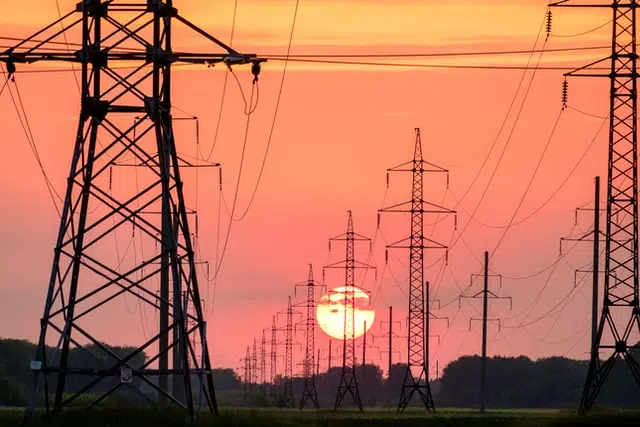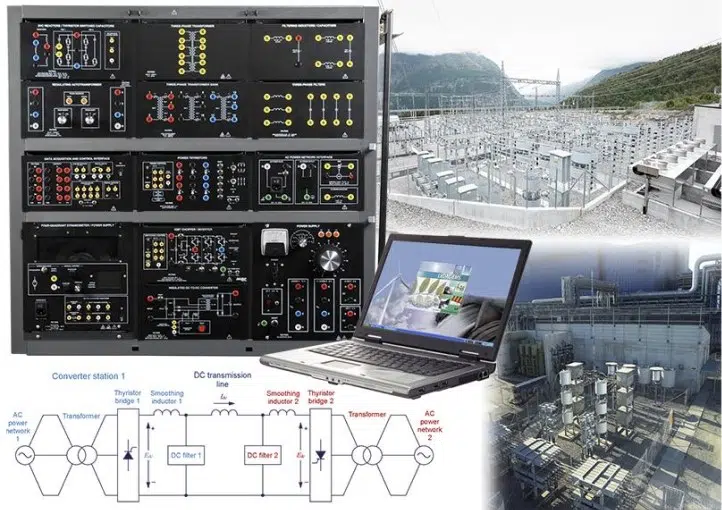The electric infrastructure in the United States is aging, and there are efforts underway at the federal, state, and local levels to modernize the power grid. Cutting-edge “smart grid” technologies use two-way communication technologies, control systems, and computer processing to deliver electricity more reliably, efficiently, and with improved security.
For electrical engineering instructors, modernizing the power grid system is an exciting transformation! It opens opportunities to attract new students to the field and upskill existing workers. It is also bringing changes in the electrical engineering education field.
Smart grid topics are typically taught in power engineering, electrical engineering, and computer science departments. However, increased interest in smart grid technology and its impact on clean energy has driven the topic to also be taught in renewable energy programs.
To be successful in this complex field, professionals working with modern power grid technology need to have skills in multiple disciplines. People working in this field must be trained across a range of technical and soft skills. For example:
Technical Skills
- Controllers
- Sensing and Measurement
- IT Networks and Architecture
- Communication Protocols
- Energy Management Systems
Soft Skills
- Problem-Solving Capabilities
- Organization
- Communication
- Critical Thinking
- Adaptability
For more information about how smart grid technology impacts educators, check out this guide from Festo:



